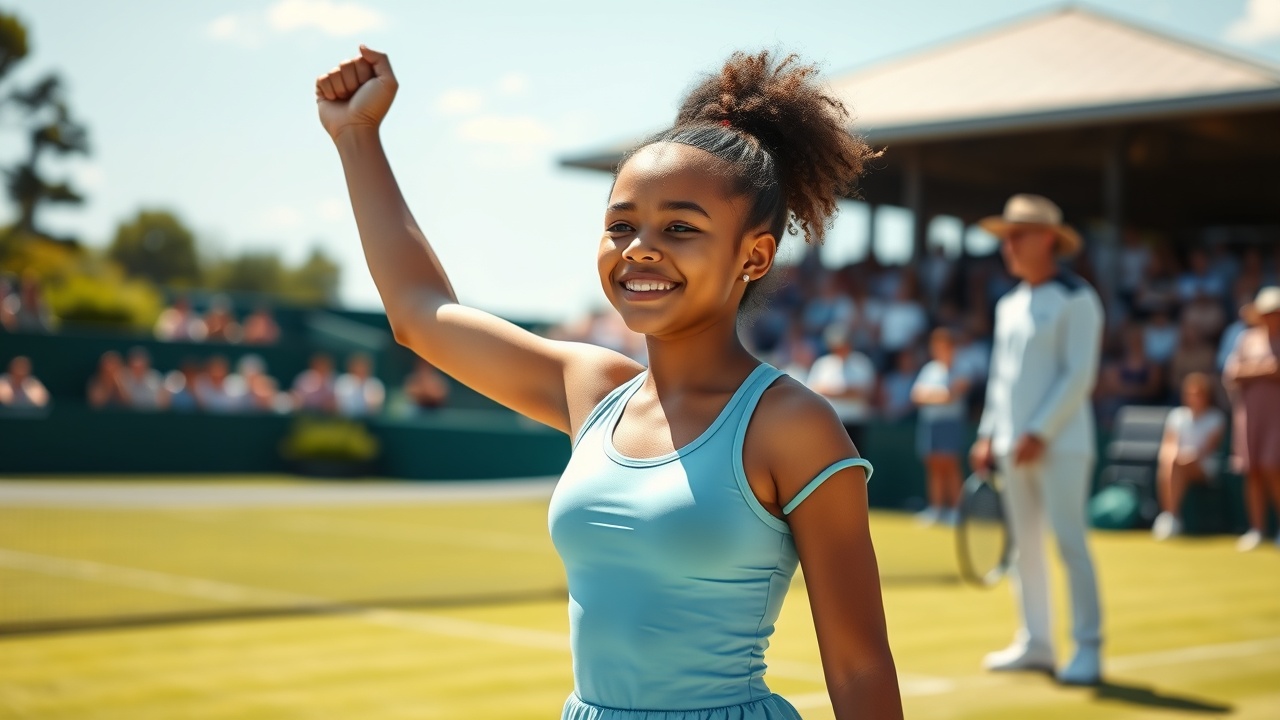The Journey to Surpassing a Parent in Tennis
The journey to surpassing a parent in tennis is a significant milestone for many players, particularly when those parents have a background in the sport. Ben Shelton, whose father Bryan Shelton was a professional player, yearned for the opportunity to compete with his dad, but Bryan remained hesitant to face his son on the court. Shelton reflected on this dynamic in an interview with ESPN during the Australian Open, stating:
“My dad never let me play against him and I believe he likely still thinks he can beat me.”
Unique Pressures of Offspring of Ex-Players
In the realm of professional tennis, offspring of ex-players often find themselves facing unique pressures, with beating a parent serving as a symbolic rite of passage. Not all, however, feel the thrill of this competition. For instance, Casper Ruud, whose father Christian Ruud was a top-40 player, has memories of their matches that differ significantly depending on who recounts them. Ruud mentioned to ESPN:
“There’s a disagreement on when I first beat him. I say 15, he argues it was 17, while I think 14 is accurate for my first win against him.”
When they would compete, stakes were attached, and a playful bet was established: a 6-0 or 6-1 loss meant a $20 debt to his father, while winning games could earn him money. Ruud managed to surprise his father with a 6-3 victory, a pivotal moment that showcased their shifting fortunes as Ruud enhanced his skills in his later teenage years.
Supportive Relationships in Tennis Families
For Maria Sakkari, the relationship with her mother, former player Angeliki Kanellopoulou, was shaped by early training sessions together. Sakkari recalled at Wimbledon:
“We shared training time during my childhood until an injury ended her playing career.”
She emphasized the supportive nature of their relationship, appreciating how her mother understands the struggles she faces on the professional circuit without encroaching on her role as a parent.
Denis Shapovalov also navigated a unique relationship with his mother, Tessa Shapovalova, who was a member of the Soviet Union national team before becoming his coach. Although they engaged in drills and training exercises, he noted they never faced off in formal matches, remarking that he always felt she could still beat him.
Seb Korda, the son of former Australian Open champion Petr Korda, humorously admitted:
“I’ve never beaten either of my parents,”
revealing that a match against his dad at age 13 ended in a rout. Korda expressed hope for a future encounter but mentioned the emotional complexities surrounding competing against an icon.
Competitive Journeys of Rising Stars
The experiences and competitive journeys vary widely among rising stars in tennis. Jack Draper, whose father Roger Draper served as CEO of the Lawn Tennis Association, highlighted how he began to find success against his father around age 12, although he acknowledged the impact of an older brother in stoking healthy competition. Taylor Fritz, whose mother Kathy May reached the world’s top 10, expressed pride not just in overcoming her in matches but in eclipsing her ranking, signifying a personal victory in a long family legacy of athleticism.
Navigating these familial dynamics offers a deeper glimpse into the lives of these athletes, as they balance personal ambitions with the intricate tapestry of their family legacies in the sport.




